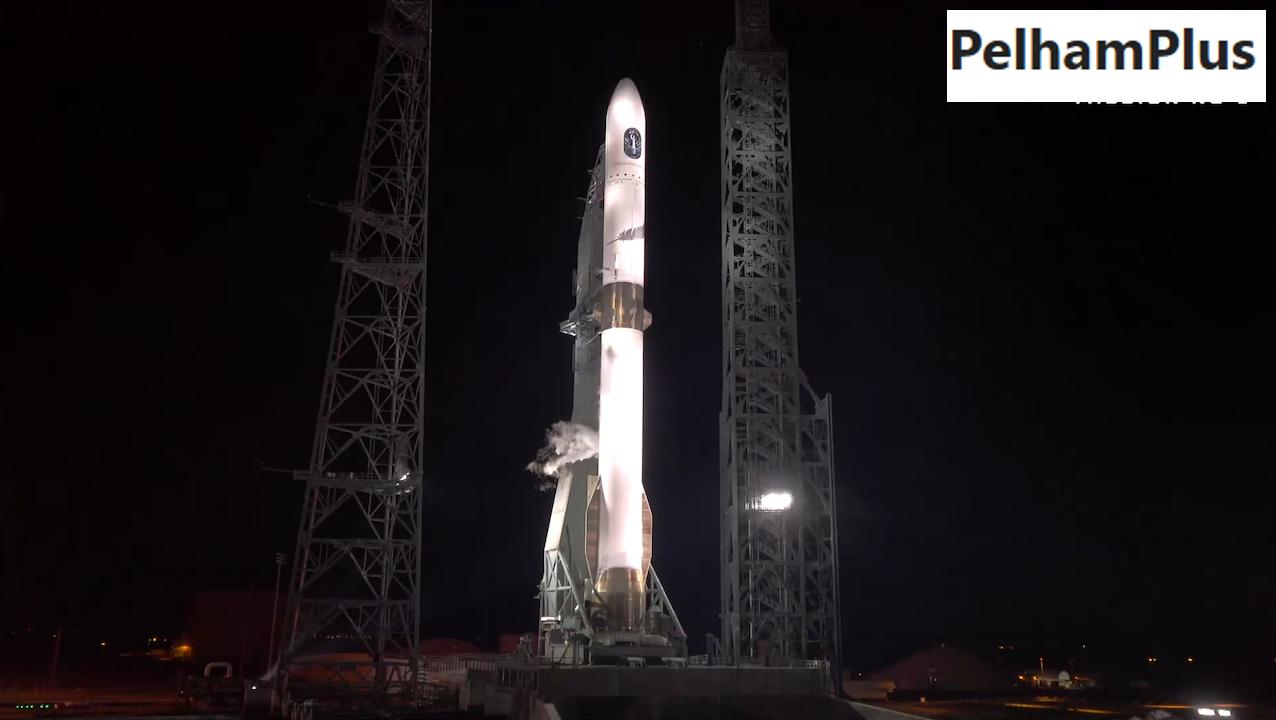In a surprising turn of events, Blue Origin, the aerospace company founded by Amazon’s Jeff Bezos, has decided to postpone its much-anticipated launch of the New Glenn rocket. The launch, initially scheduled for January 11, 2025, was set to take place at 1 a.m. ET from Cape Canaveral, Florida, but unfortunately, a last-minute vehicle subsystem issue caused the team to step back.
What Happened During the Launch Attempt?
The launch team from Blue Origin had been gearing up for this exciting moment for quite some time. However, just before liftoff, they discovered a subsystem issue that needed addressing. Ariane Cornell, Blue Origin’s Vice President, explained that the troubleshooting requirements exceeded the available launch window, leading to the difficult decision to scrub the launch. This is a crucial moment for the New Glenn rocket, which has been in development for several years, aiming to showcase its reusability and advanced capabilities.
Weather Could Play a Role in Future Launches
Weather conditions will greatly influence when the New Glenn rocket can take to the skies again. The team is not only focusing on fixing the technical issues but also keeping a close eye on the weather forecast, as good conditions are essential for a safe and successful launch. The next launch window will be determined by both the repairs needed and the weather at Cape Canaveral.
Not the First Delay for Blue Origin
This delay is just another chapter in Blue Origin’s lengthy journey with the New Glenn project. The rocket, which stands an impressive 98 meters tall, has faced numerous delays since its announcement back in 2016 due to various technical and regulatory hurdles. Blue Origin aims to fly the New Glenn for missions aligned with Amazon’s Project Kuiper, a project designed to build a satellite internet constellation. This setback isn’t just about one launch; it reflects the challenges that come with pioneering new technology in the competitive field of space exploration.
Environmental Concerns and Regulatory Issues
Adding to the pressure, Blue Origin recently faced a $3,000 fine from the Florida Department of Environmental Protection for unauthorized use of a water deluge system during a previous rocket test. Although this fine came just before the launch attempt, it sheds light on the intense scrutiny that companies like Blue Origin and its competitors, like SpaceX, face regarding environmental regulations. This incident raises important questions about necessary compliance and how it affects the timeline of highly anticipated launches.
The Future of New Glenn
Despite the recent hurdles, the New Glenn rocket represents Blue Origin’s ambition to compete with major players in the space launch market. With the capability to carry 45 tons to low Earth orbit, it could play a significant role in the future of satellite deployment and even space tourism. The test flight, referred to as NG-1, aims to deploy the Blue Ring spacecraft into orbit, marking a pivotal moment for Blue Origin’s future endeavors.
What’s Next for the New Glenn Team?
For now, the focus shifts to troubleshooting the identified subsystem issues and preparing for the next launch attempt. The team at Blue Origin is dedicated to ensuring everything is in optimal condition before they try again. In the world of space launches, patience is key. Each setback gives the team valuable lessons to improve their technology and safety protocols.
| Launch Information | Details |
|---|---|
| Date of Launch Attempt | January 11, 2025 |
| Location | Cape Canaveral, Florida |
| Height of New Glenn | 98 meters |
| Payload Capacity | 45 tons to low Earth orbit |
Stay tuned as Blue Origin continues to work through these challenges. The eyes of space enthusiasts around the world are on them, eagerly waiting to see when the New Glenn will finally make its inaugural flight.




